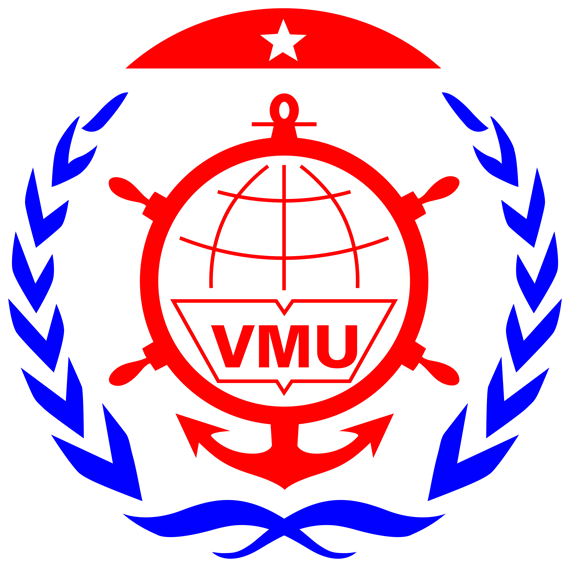DOCTORAL PROGRAM
MAJOR: HYDRAULIC ENGINEERING
SPECIALIZATION: HYDRAULIC ENGINEERING
Code: 9580202
1. Overview
The program equips learners with advanced theoretical and practical knowledge at the forefront of hydraulic construction engineering. It develops skills in synthesizing and analyzing information, creatively identifying and solving problems, conducting independent and original research, and generating new knowledge. Learners will also develop the ability to disseminate knowledge, build national and international cooperation networks, demonstrate creativity and leadership in their field, and provide expert-level scientific conclusions and recommendations.
2. Program Objectives
Upon completion of the doctoral program in Hydraulic Engineering, graduates are expected to meet Level 8 of the Vietnamese Qualifications Framework as approved in Decision No. 1982/QĐ-TTg dated October 18, 2016 by the Prime Minister. Specifically:
a) Knowledge
-
Possess in-depth knowledge to support the development of research approaches, methods, and techniques in the construction field in general, and hydraulic construction in particular.
-
Have advanced and systematic knowledge as well as the capability to research scientific issues in the field of hydraulic construction engineering, enabling them to comprehensively address both theoretical and practical problems that are currently of interest to both domestic and international researchers.
-
Possess high-level and specialized expertise, the ability to conduct research in areas of the field and sub-field, and apply scientific thinking methods.
b) Skills
-
Demonstrate logical thinking and creative problem-solving skills.
-
Possess the ability to search for and select valuable scientific materials to serve research purposes.
-
Be capable of analyzing problems and proposing new methods to address issues in the field of hydraulic construction.
-
Able to present scientific issues and research results in hydraulic construction engineering in the form of scientific articles, teaching materials, technical reports, etc.
-
Meet English language proficiency standards as regulated by the Ministry of Education and Training and be able to produce scientific articles, technical reports, and instructional materials in English within the field of research.
-
Have the skills to form and lead research groups related to hydraulic construction engineering effectively.
-
Be capable of conducting international cooperation in scientific research and training.
-
Able to propose research topics and participate in or lead research projects of scientific and contemporary relevance in the field of hydraulic construction at national and international levels.
c) Competence
-
Possess the ability to independently organize research and application activities aligned with the training discipline.
-
Have the capacity to approach and study new technologies in hydraulic construction engineering.
-
Demonstrate creativity in task execution and the ability to self-direct and adapt to the work environment.
-
Capable of self-learning and accumulating knowledge and experience to enhance expertise.
-
Able to analyze and evaluate issues and draw conclusions in the field of hydraulic construction engineering.
-
Have the competence to plan, coordinate, and leverage collective intelligence.
-
Be capable of improving and evaluating activities in the hydraulic construction field.
-
Possess leadership skills for research groups and the ability to apply new, interdisciplinary technologies to develop solutions, products, and practical applications in hydraulic construction engineering for organizations and agencies.
-
Able to analyze real-world contexts to provide appropriate designs and solutions for comprehensive hydraulic construction tasks.
-
Qualified to teach undergraduate and postgraduate courses in hydraulic construction engineering at universities and specialized research institutes.
